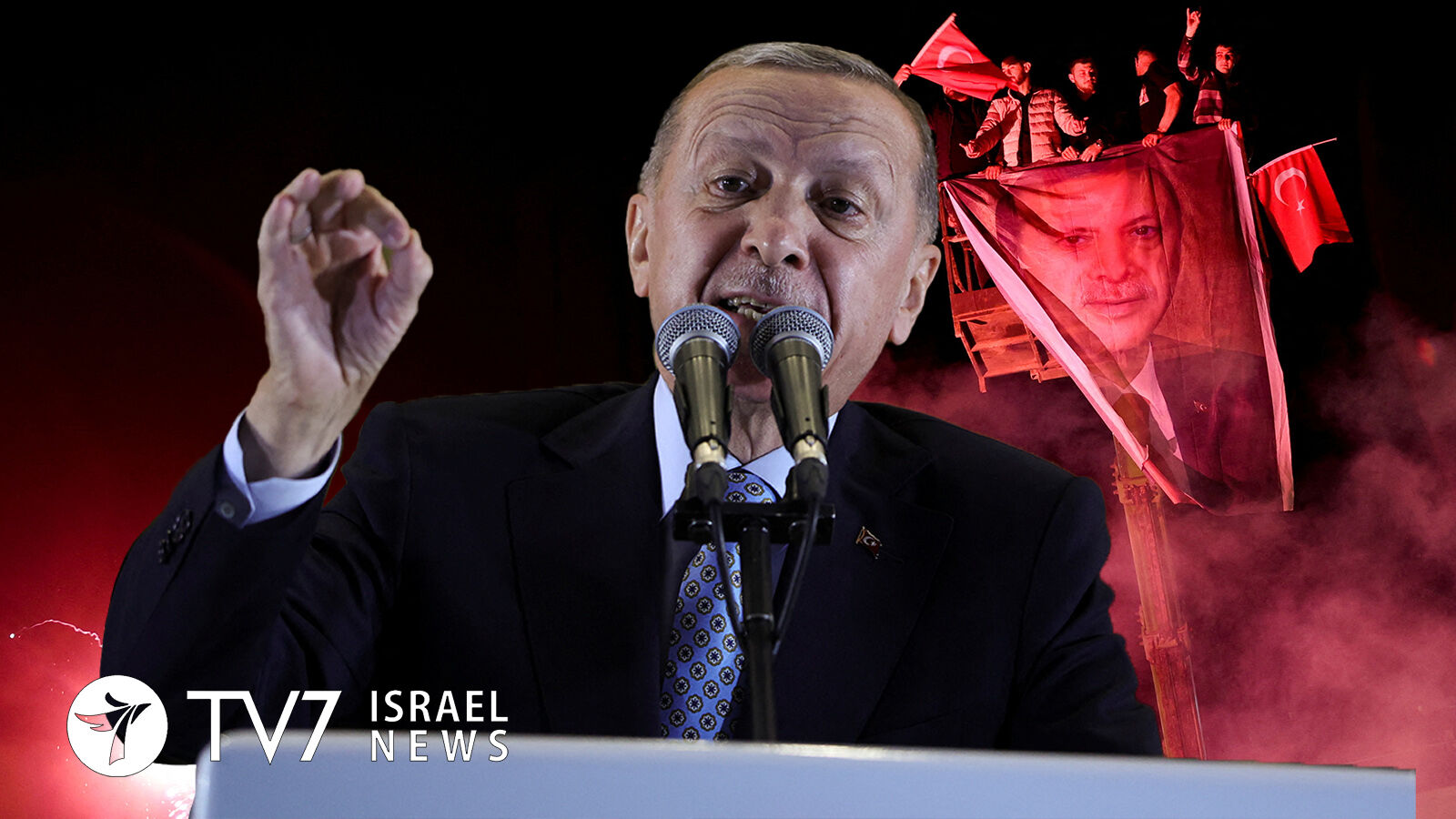The reelected President garnered a slight majority of ballots in the country’s run-off vote yesterday.
By Erin Viner
Israeli President Isaac Herzog was among the first world leaders to congratulate his Turkish counterpart Recep Tayyip Erdoğan. “I am convinced that we will continue to work together to strengthen and expand the good ties between Türkiye and Israel,” he wrote in a post on his official Twitter account.
Turkey was the first Muslim majority state to recognize Israel in 1949, one year after its founding. Although ties had fractured over a series of disputes in recent years, the two countries Israel fully restored diplomatic ties in August 2022.
According to Turkey’s Supreme Election Council Chairman Ahmet Yener, Erdoğan was declared victor after garnering 52.14% of the votes against his leading competitor Kemal Kılıçdaroğlu, who won 47.86%. This, following the count of 99.43% of votes from 196,744 ballot boxes.
A run-off was required after neither of the candidates secured 50% or more at the first round of polling on 14 May, with Erdoğan emerging with 49.52% and Kılıçdaroğlu with 44.88% of the vote. While many analysts thought constituents might punish him over the state’s initially slow response to devastating earthquakes in February, in which more than 50,000 people died, Erdoğan’s “People’s Alliance” between his AK party finished top in 10 of the 11 provinces hit by the earthquakes during the presidential and parliamentary elections – helping it to secure a parliamentary majority along with its nationalist allies.
Kılıçdaroğlu, 74, a social democratic politician, ran as head of the Nation Alliance (Millet İttifakı in Turkish) of six opposition parties. He is leader of the secularist Republican People’s Party (Cumhuriyet Halk Partisi in Turkish, or CHP), established by Turkey‘s founder Mustafa Kemal Atatürk, and led the main opposition since 2010.
Erdoğan had appealed to voters with nationalist and conservative rhetoric during a divisive campaign aimed at diverting attention from deep economic troubles. The win now paves the way for his increasingly authoritarian rule into a third decade in power.
The election had been seen as one of the most consequential yet for Turkey, with the opposition believing it had a strong chance of unseating Erdoğan after his popularity was hit by a cost-of-living crisis. The electoral triumph will instead reinforce his image of invincibility, after having already redrawn domestic, economic, security and foreign policy in the NATO member country of 85 million people and positioned the country as a regional power.
The defeat of Kılıçdaroğlu, who promised to set the country on a more democratic and collaborative path, would likely be cheered in Russia but mourned in Western capitals and much of the Middle East, due to Turkey’s increased confrontational and independent stance in foreign affairs.
Addressing supporters gathered outside his Istanbul residence, Erdoğan said voters had handed him the responsibility to rule for the next five years.
“The only winner is Turkey,” he said, addressing the cheering crowd, many of whom chanted “Allahu Akbar” (“God is Greatest”).
“There are issues, problems in every country around the world, in European countries as well… With strong leadership we will overcome Turkey’s problems as well,” said one supporter identified as Mert, 39, who had come to celebrate with his son. “I expect everything to become better,” said Nisa, 28, wearing a headscarf and headband inscribed with the president’s name.
Pledging to revive the fledging economy, the Turkish leader said “It is not difficult for us to find a solution” to the “most urgent issues” of tackling price increases caused by rising inflation and compensating for welfare losses.”
Also proclaiming intention to heal the rifts of his nation, he stated that, “as part of the responsibility our nation has given us, we are not angry, resentful, or angry with anyone – now is the time to put aside all the debates and conflicts regarding the election and unite around our national goals and dreams.”
